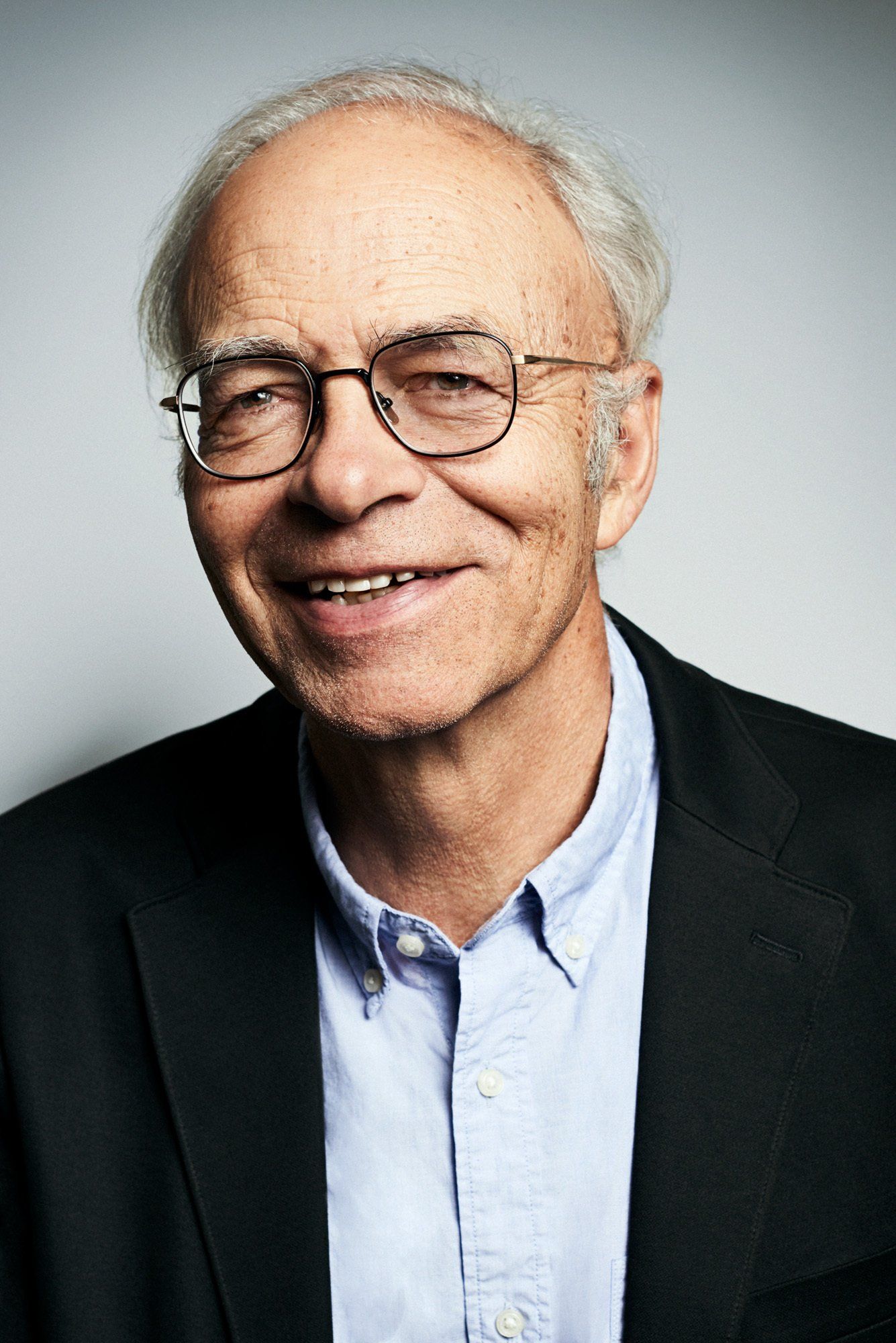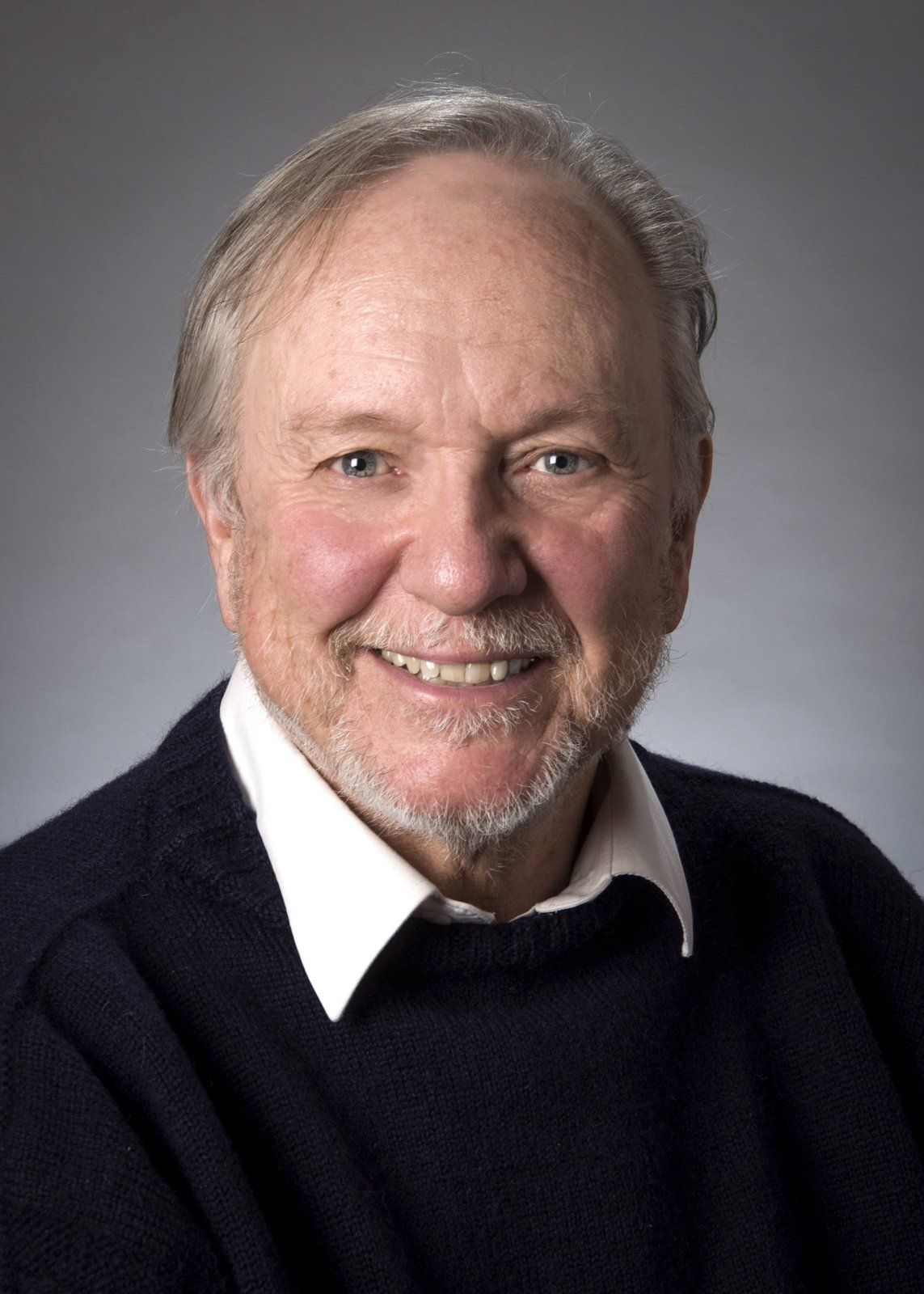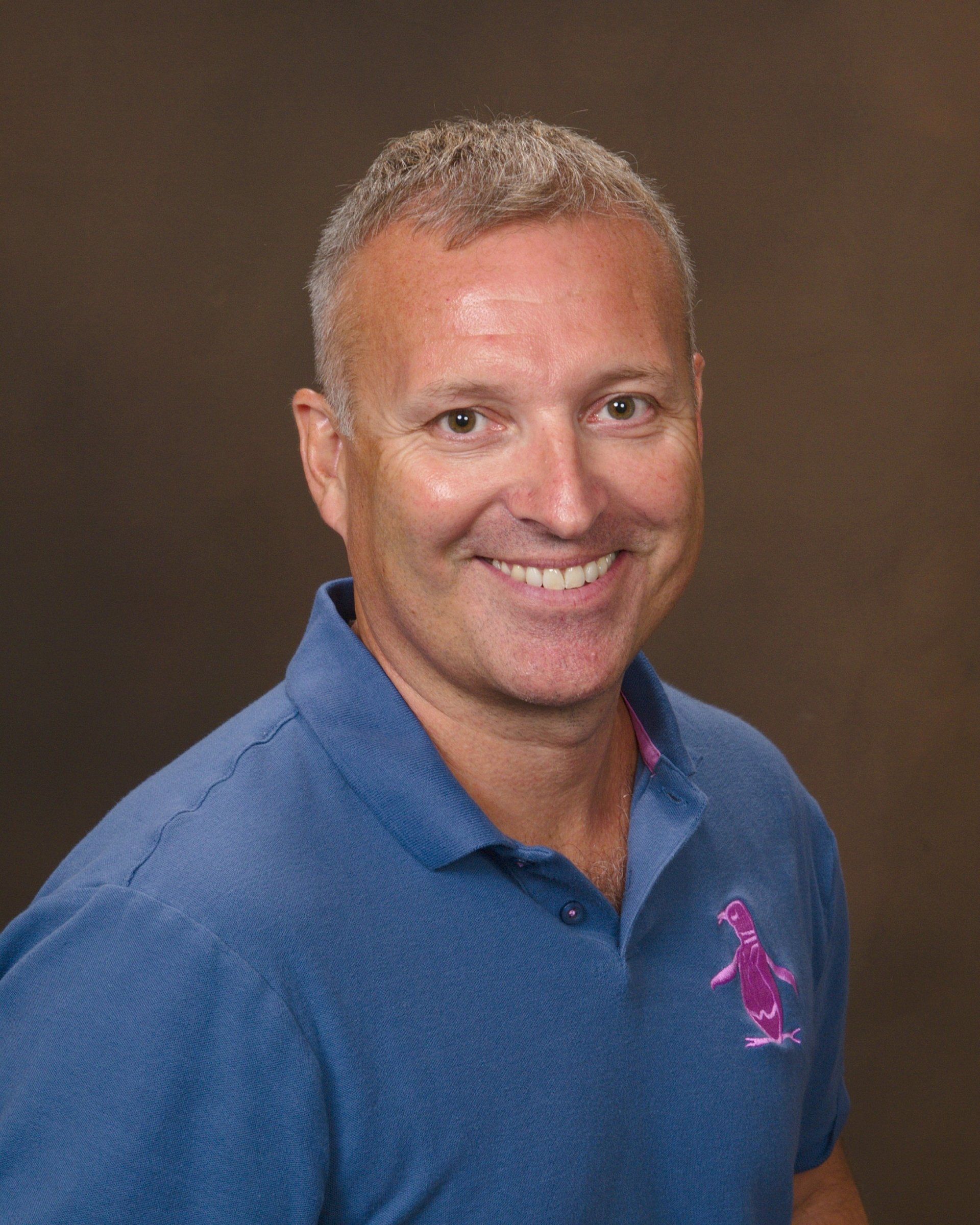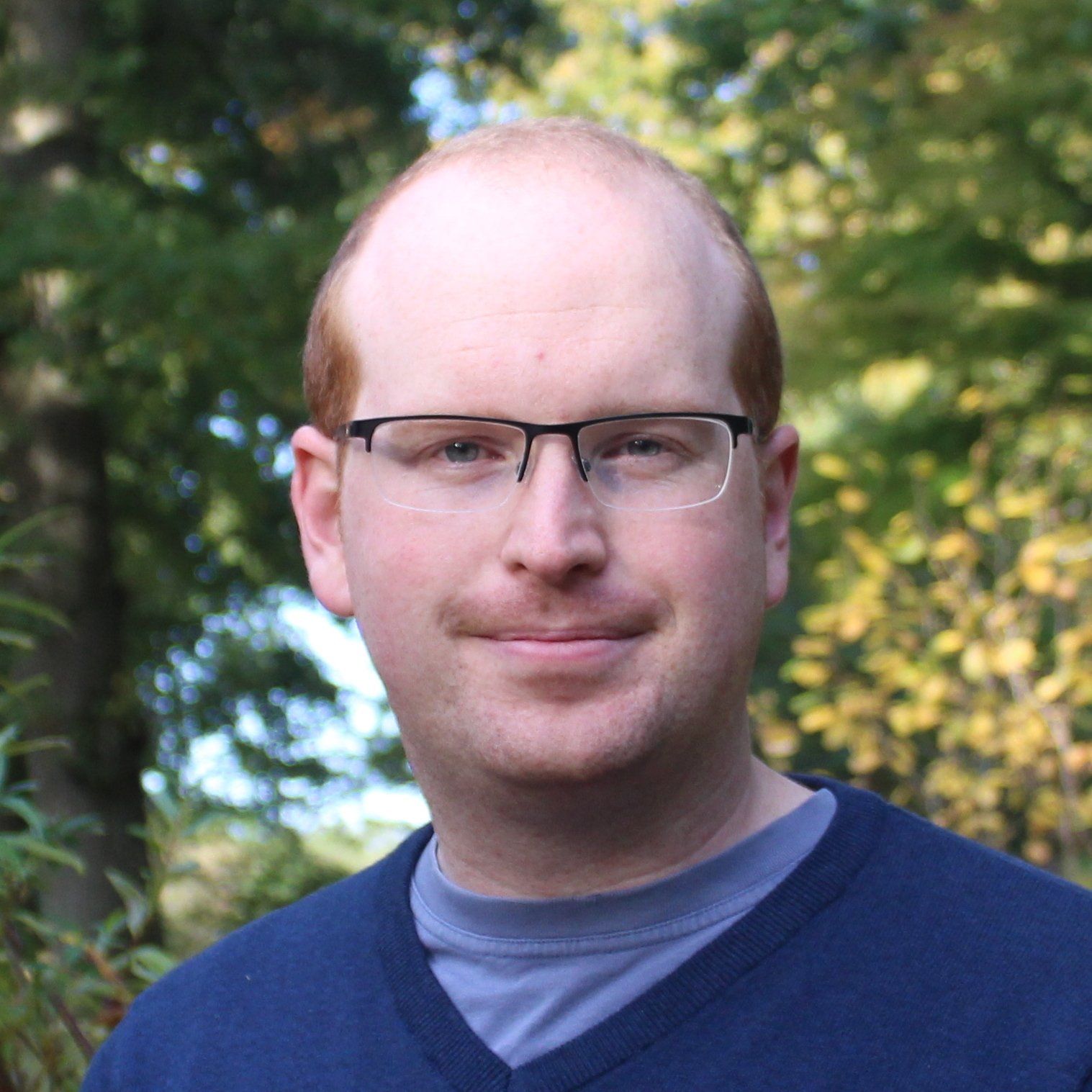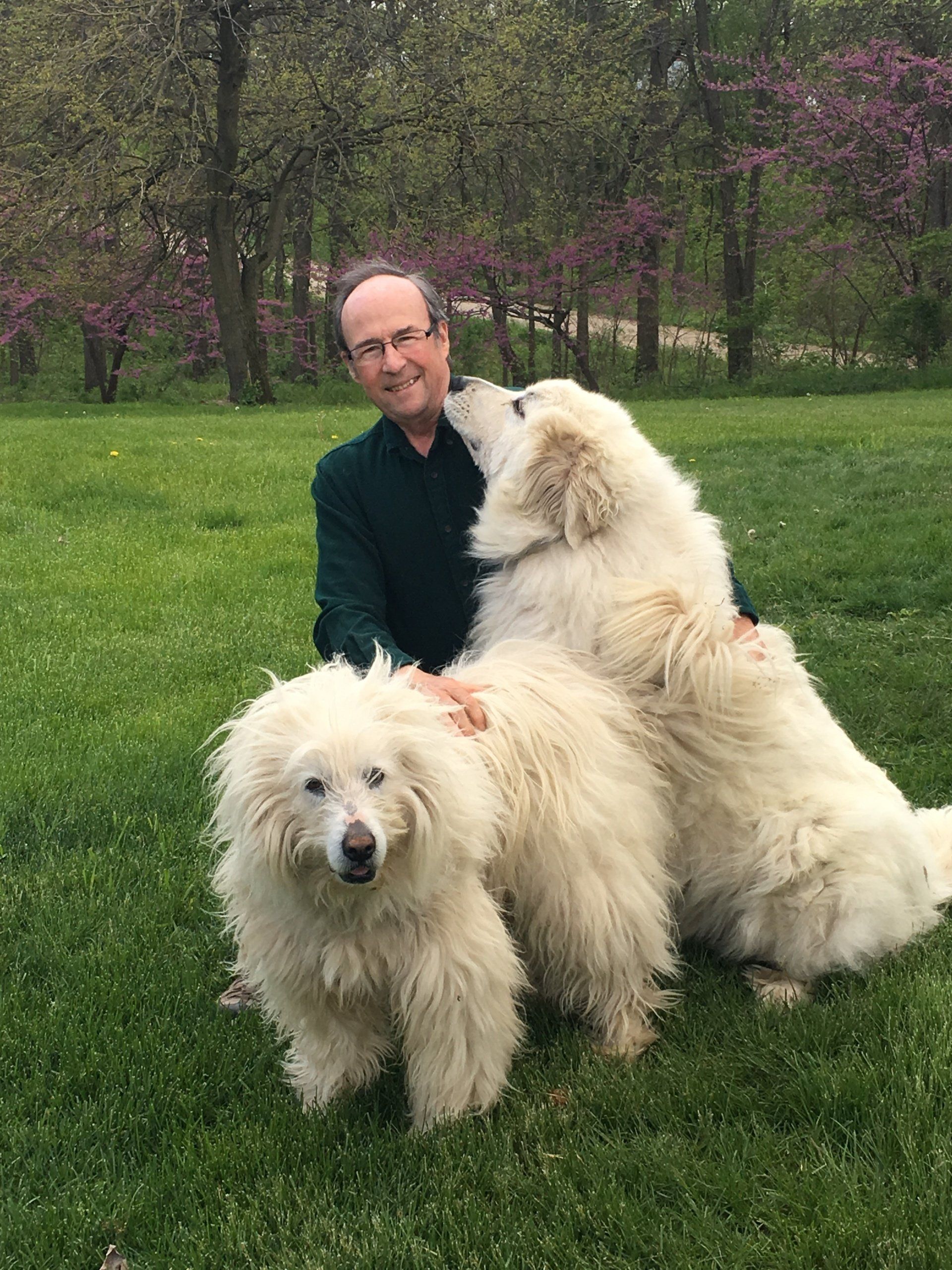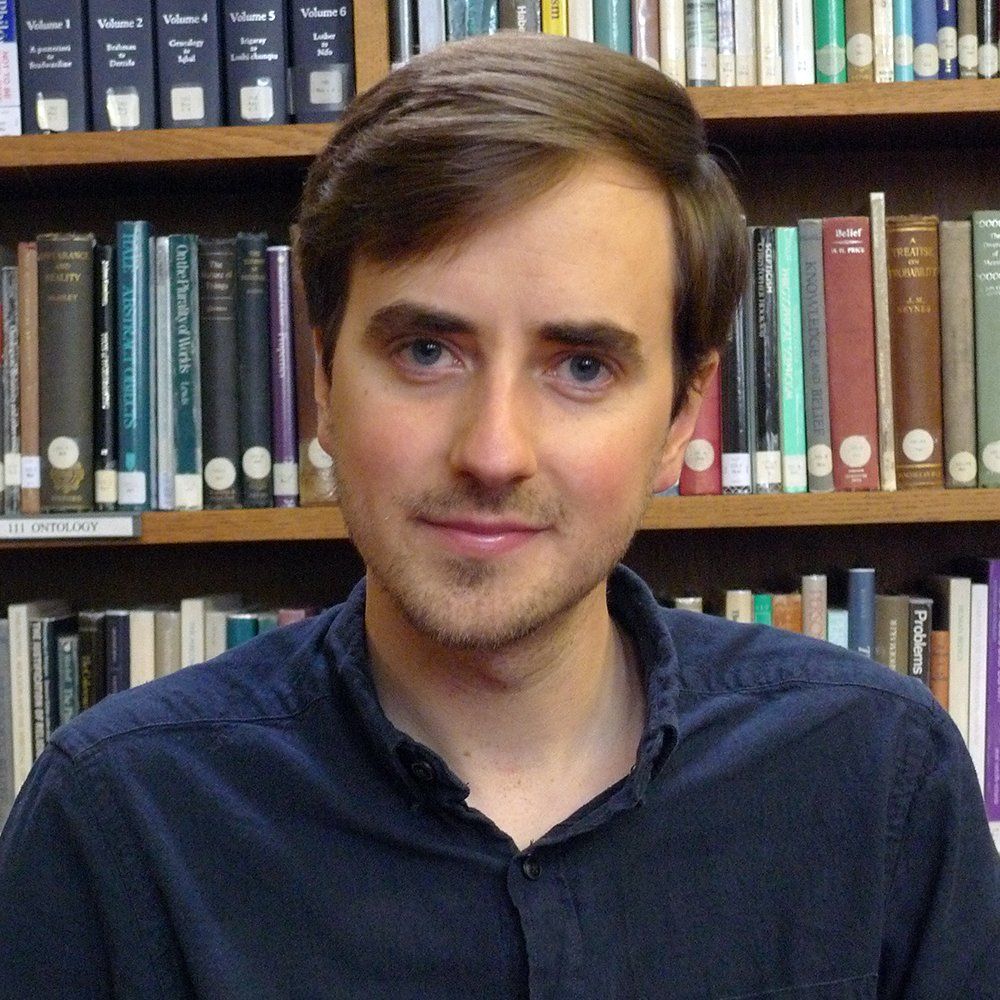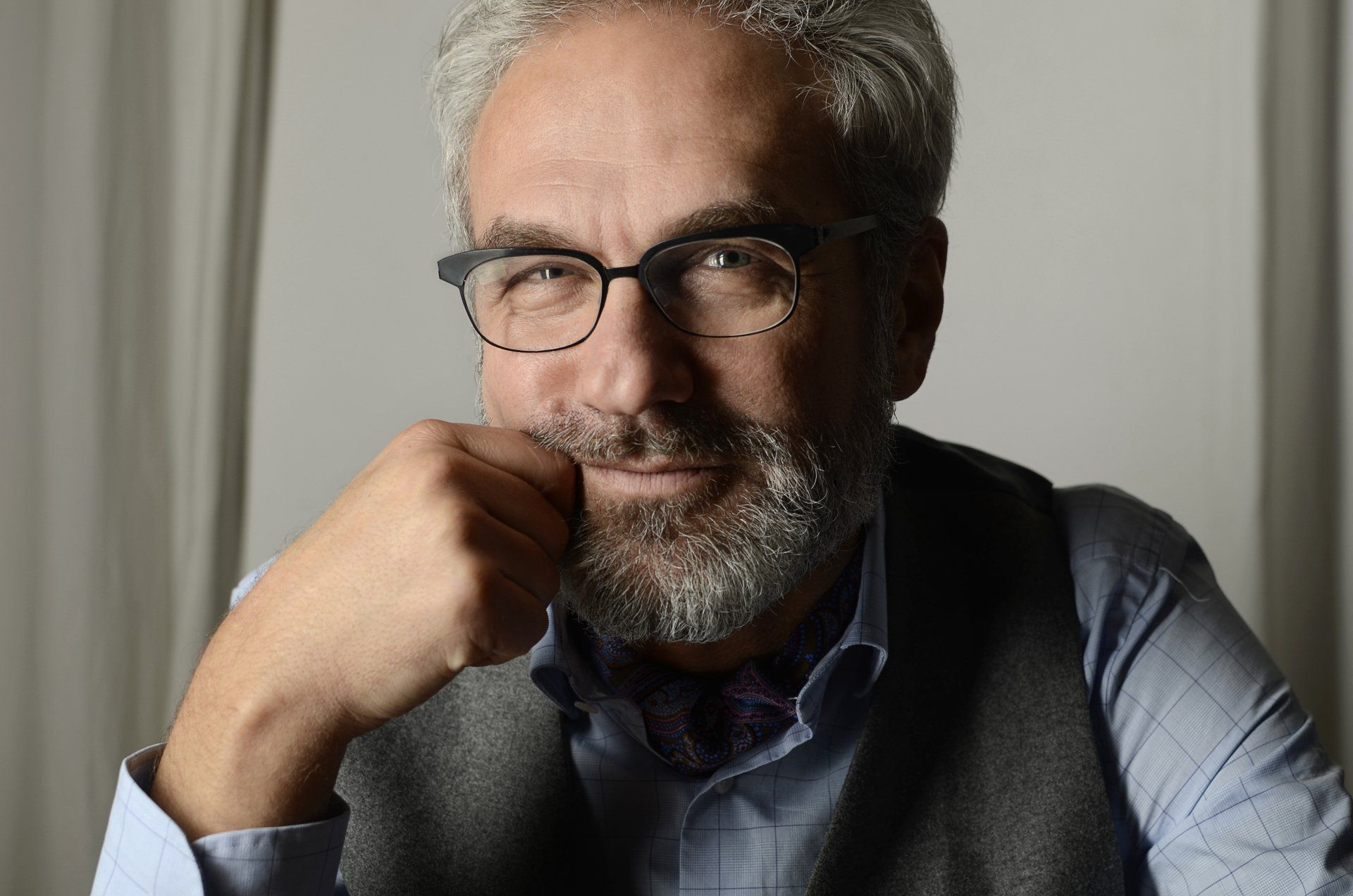Peter Singer is considered to be the "most influential living philosopher in the world". His work in the field of animal ethics, especially his book Animal Liberation, published in 1975, provided the initial igniting spark for the modern animal rights movement. Several key figures in the animal rights movement stated that they were inspired by Animal Liberation to fight for animal rights. Singer is a co-founder of the Australian Federation of Animal Societies, now Animals Australia.
Singer is the founder of The Life You Can Save, an organization based on his book of the same name. It aims to spread Singer's ideas about why we should be doing much more to improve the lives of people living in extreme poverty, and how we can best do this.
He has written, co-authored, edited or co-edited more than 50 books, including Practical Ethics, The Expanding Circle, Rethinking Life and Death, One World, The Ethics of What We Eat (with Jim Mason) and The Point of View of the Universe (with Katarzyna de Lazari-Radek). His writings have appeared in more than 25 languages.
Peter Singer was born in Melbourne, Australia, in 1946, and educated at the University of Melbourne and the University of Oxford. After teaching in England, the United States, and Australia, he became Ira W. DeCamp Professor of Bioethics in the University Center for Human Values at Princeton University in 1999.


